When you’re planting a garden, you may use manure or fertilizer to boost the health and growth of your plants. Like most people, you probably think of manure and fertilizers as the same thing. But, in reality, there is a big difference between the two. Here is a full guide to explain the difference between manure and fertilizers.
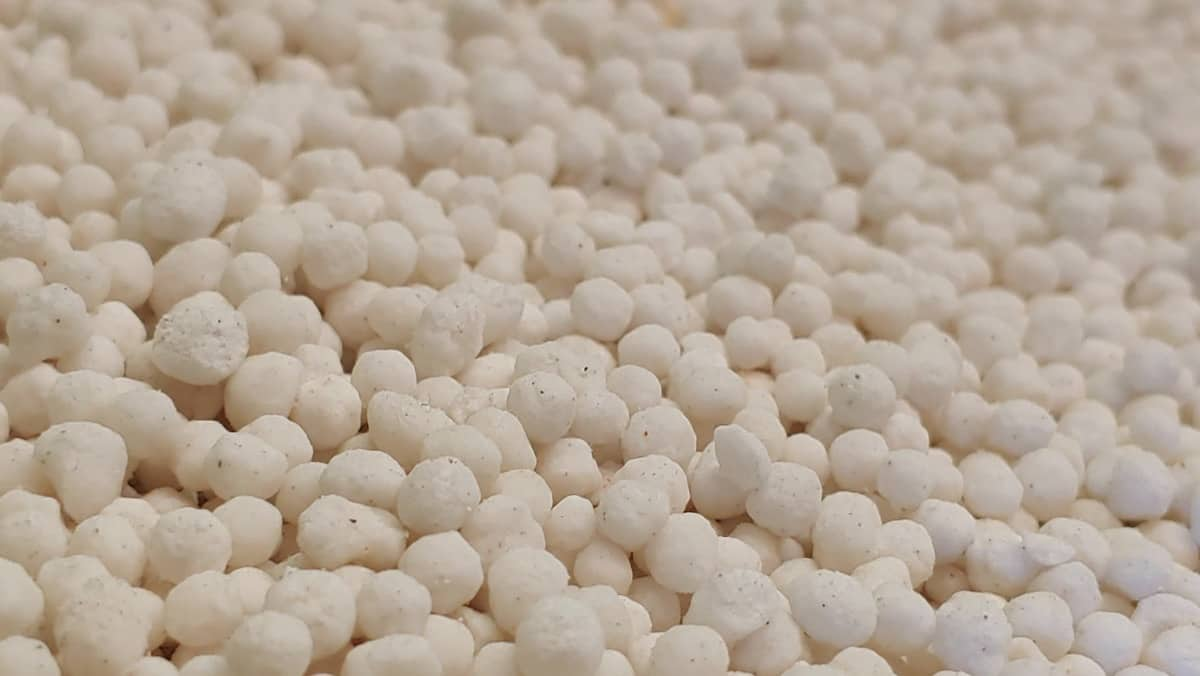
Difference between manure and fertilizers
What are manure and Fertilizers?
Manure is the natural waste product of an animal that has lived and worked on the land. It consists of organic matter such as straw, hay, leaves, and grass and can be used to fertilize the soil. The main purpose of manure is to provide nutrients for plants, but it can also help control pests. Fertilizers are a type of pesticide.
They are added to soil to make it healthier for plants to grow. Fertilizers come in many different forms, including manures and compost. Manures are animal wastes that have been treated to make them more usable as fertilizer. Compost is made from materials like kitchen waste, leaves, and grass clippings that have been composted together.
How manure and fertilizers are used in agriculture?
Manure is used in agriculture as a fertilizer, and manure application can help with crop production. Manure is composed of decomposing plants and animal material and is rich in nitrogen, phosphorus, potassium, calcium, and other nutrients. When manure is applied to soil, it breaks down into these essential nutrients, which are then available to plant roots. Manure is a naturally occurring product of animal agriculture.
In case you missed it: How to Make Goat Manure Compost: A Step-by-Step Guide to Using in Your Garden/Farm
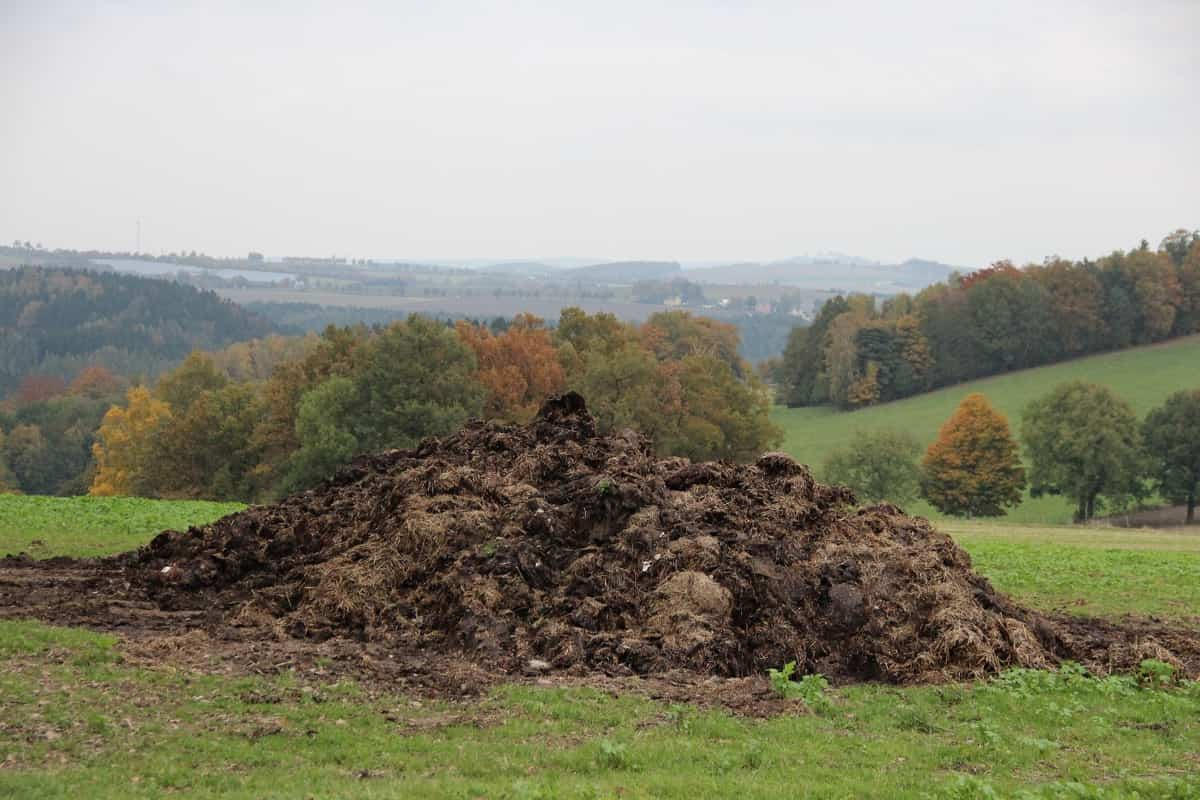
It is composed of decomposing organic material, including fecal matter, urine, and dead animals. Manure can be used as fertilizer, but it should only be used in moderation because it can contain harmful bacteria. Fertilizers are products that are synthetically created and used to increase the growth of plants. There are three main types of fertilizers: chemical, organic, and mineral. Chemical fertilizers are made from chemicals that break down into plant nutrients in the soil. An example of a chemical fertilizer is nitrogen.
Organic fertilizers use natural elements like earthworm castings or compost to provide plant nutrients. Horticultural fertilizers are made from potassium nitrate or manganese sulfate and are meant to grow specific plants such as roses or tomatoes. Finally, mineral fertilizers contain elements like nitrogen, phosphorus, and potassium that help plants absorb nutrients from the soil. An example of a mineral fertilizer is lime.
How do manure and fertilizer work?
Fertilizers are chemicals that help plants grow. They come in many forms, including manures, composts, and fertilizers. All of these dissolve in water to form a liquid fertilizer. Some fertilizers are also combined with other ingredients to make them more effective. When you give your plants fertilizer, it feeds the plant through its roots. This helps the plant uptake water and nutrients from the soil better. When you use manure as a fertilizer, it’s important to think about everything that’s been fed to the animal before you apply it to the garden.
Manure can add nitrogen, phosphorus, potassium, and calcium to your garden soil. The right fertilizer type can help your plants grow quickly and healthier. Make sure to read the label on any fertilizer you buy carefully – there are many different types of fertilizers, and some can be dangerous if misused. Fertilizing your plants regularly will help them thrive in any garden situation.
Advantages of manure in agriculture
- Manure is composed of animal and plant material that has been excreted. This material contains nutrients that can help plants grow.
- Manure is also a valuable source of compost, which can help improve the soil in which plants grow. Compost helps to break down organic matter, releasing nutrients and moisture into the soil.
- Finally, manure can act as a natural weed killer. Applying manure to weeds before they flower can suppress their growth and prevent them from taking over your garden or lawn.
In case you missed it: Best Fertilizer for Cashew Tree: Organic, NPK, Compost Manure, and How to Apply
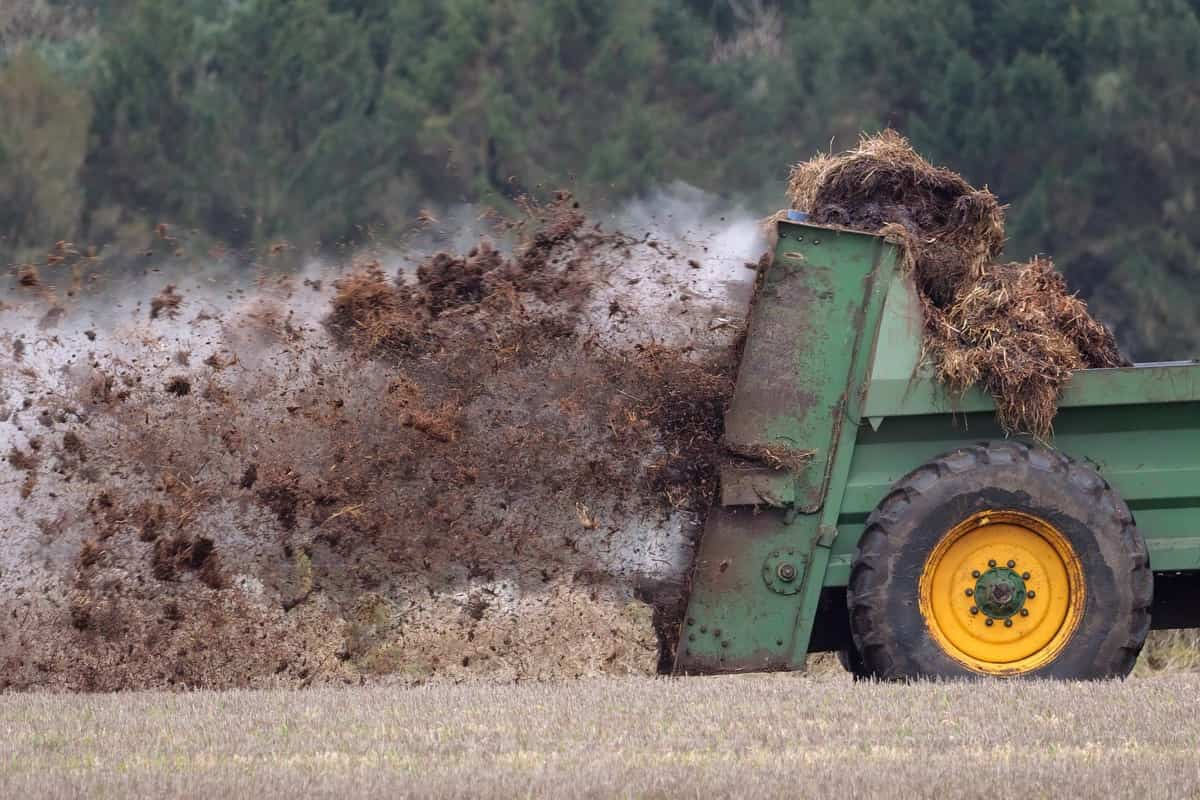
Advantages of fertilizers in agriculture
- There are some benefits to using fertilizer. First, it can help to increase the yield of crops. Second, fertilizer can help keep plants healthy and prevent them from getting sick. Third, fertilizers can also improve the overall color and look of plants. Finally, fertilizers can help to encourage plant growth.
- There are many benefits of fertilizers, but there are also some disadvantages. For example, fertilizers can improve the growth and productivity of plants, but they can also contain harmful chemicals.
- Fertilizers help plants grow faster by providing them with extra nutrients. This increased growth results in bigger and healthier plants that can produce more fruit or vegetables.
- If you use fertilizers regularly, your crops will yield more fruits or vegetables than if you don’t use any fertilizer at all. This is because fertilizers help the plant uptake more water, nutrients, and oxygen from the soil, leading to increased yields.
- Fertilizers can improve plant structure and nutrition by increasing the number of minerals and vitamins in the plant’s root system. This helps the plant to resist pests and diseases better, leading to a longer lifespan. As a result, you’ll get bigger, healthier plants that produce higher yields.
Why is it important to apply the right fertilizer for the right plants?
The best type of fertilizer for a specific plant is the one that is specifically designed for that plant. Different plants need different types and levels of nutrients to thrive. Here are some general tips to help you choose the right fertilizer for your plants:
- Know the plant’s needs: Do a little research to determine what plant you have, and then look up its nutrient requirements.
- Make a fertilizer mix: Create a custom fertilizer mix specifically for your plants using a balanced mix of all the necessary ingredients. This will ensure that your plants get all the nutrients they need and don’t become overgrown with too much of one particular nutrient.
- Inspect leaves and roots: Check your plants regularly to see if they get enough water, sunlight, and nutrients. If you notice any problems, adjust your fertilization accordingly.
In case you missed it: Tips When Switching from Solid Fertilizers to Liquid Fertilizers
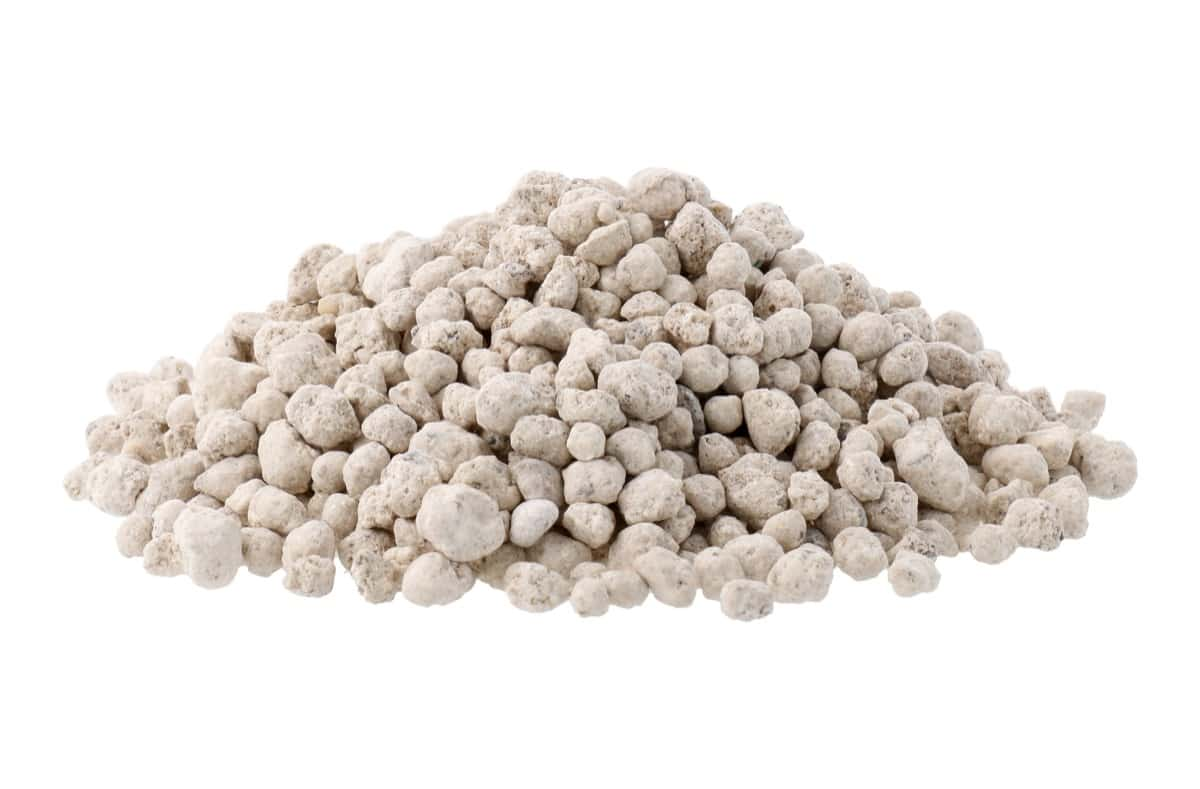
Types of manure
Manure is organic material produced and processed by an animal, usually a cow or pig, to provide nutrients for the plant it was intended to feed. Manure can be divided into two main types: dry and wet. Dry manure is made up of small pieces dried out by the sun or air. Wet manure is created when water is added to fresh manure. This manure contains more water and helps plants grow faster because it takes up space in the soil and gives the roots something to cling onto.
Types of fertilizers
Manure can be used as a fertilizer or mixed with other ingredients to create fertilizer. Fertilizers are made of different ingredients to help plants grow and produce crops.
1. Chemical fertilizer – These come in the form of powders, liquids, or pellets added to the soil as part of a planting mix. Chemical fertilizers contain chemicals that help plants grow and produce crops. They are best used when applied in large doses and should not be used regularly because they can cause negative effects on the environment and human health.
2. Organic fertilizer – This type of fertilizer is made up of natural ingredients, including manure, that helps plants grow and produce crops. Organic fertilizers can be purchased at garden stores or online. However, they should only be used when gardening for personal use because they may not be safe for use in larger gardens or landscapes.
3. Compost – This type of fertilizer is made up of materials like yard waste, fruit scraps, and vegetable scraps that have been combined and treated with anaerobic bacteria to make it decompose slowly into nutrients that plants can use to grow healthy roots and flowers.
4. Inorganic fertilizer – It is made up of basic minerals like nitrogen, phosphate, potassium, calcium, magnesium, and sulfur. These minerals are essential for plant growth because they help the plant release energy from food sources into growth processes. Inorganic fertilizer can be derived from many sources, including fossil fuels, water supplies, rocks, and raw materials like limestone.
In case you missed it: How to Make Homemade Fertilizers: Recipes for Banana Peels, Scraps, Coffee Grounds, Epsom Salt, Eggshells, and Grass Clippings
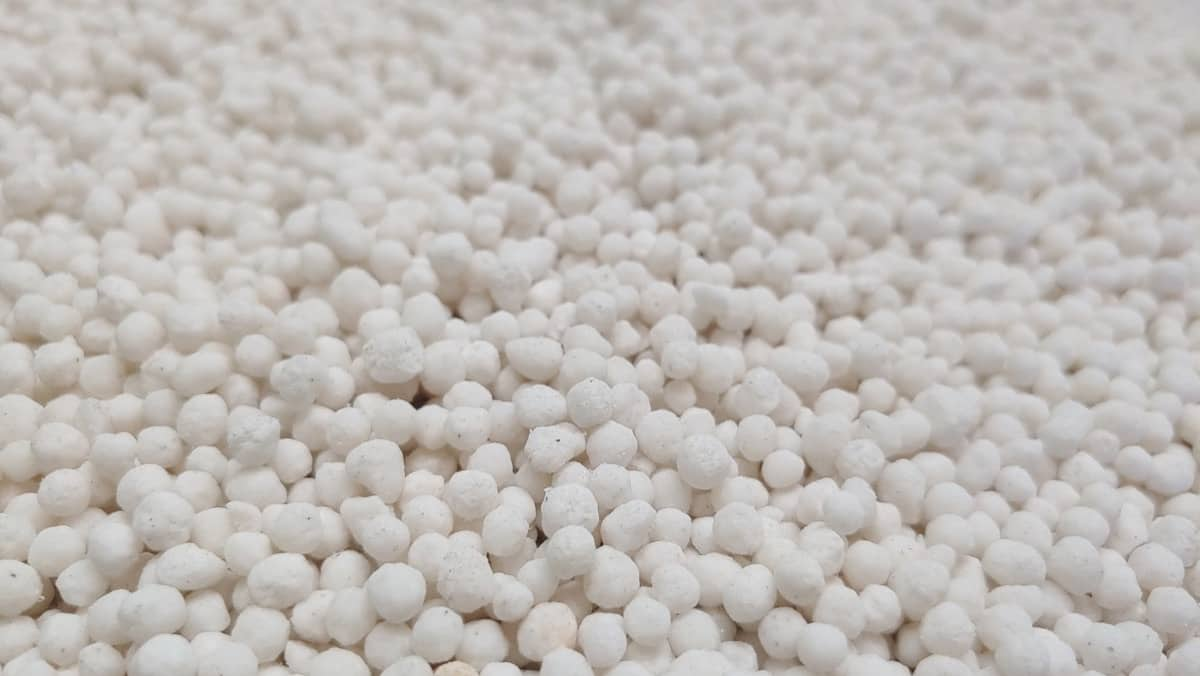
Examples of manure and fertilizers
- The main difference between manure and fertilizers is that fertilizers are designed to add nutrients to the soil, while manure is not. Manure is a type of fertilizer because it contains organic matter that can decompose and release nutrients into the soil.
- Manure is composed of two main components: water and organic matter. The organic matter breaks down in the soil to release the nutrients it contains, including nitrogen, phosphorus, potassium, calcium, magnesium, and other important minerals.
- Fertilizer granules are also composed of two main components: fertilizer and soil amendment. Fertilizer granules vary in size but tend to be larger than manure granules. Soil amendment is often made up of smaller particles like clay or sand, which help improve the texture of the soil.
How does fertilizer help plants grow?
- Fertilizers are essential for plants to grow and thrive. They provide the nutrients the plants need to produce fruits, flowers, and leaves. Fertilizers come in two main types: organic fertilizers and inorganic fertilizers.
- Organic fertilizers are composed of natural ingredients, while inorganic fertilizers contain only elements that are found in nature. Inorganic fertilizers include nitrogen, phosphorus, potassium, and calcium.
- When fertilizer is applied to a plant, it helps break down material from the soil to release nutrients into the plant’s root system. This helps the plant grow and perform better than if it didn’t receive fertilizer.
- There are a few different ways to apply fertilizer to your plants: by sprinkling it on top of the soil, drenching the roots, or spraying it into the air. The most effective way to apply fertilizer depends on the type of plant and its specific needs.
How to collect and use manure for fertilization?
There are some tips to remember when collecting manure for fertilization. The first is to consider where the manure comes from. Manure from healthy livestock can be used as fertilizer, while manure from unhealthy animals or animals treated with antibiotics may not be ideal for use as fertilizer. Another thing to keep in mind is the pH of the manure.
In case you missed it: Best Fertilizer for Groundnut: Organic, NPK, Compost Manure, and Schedule
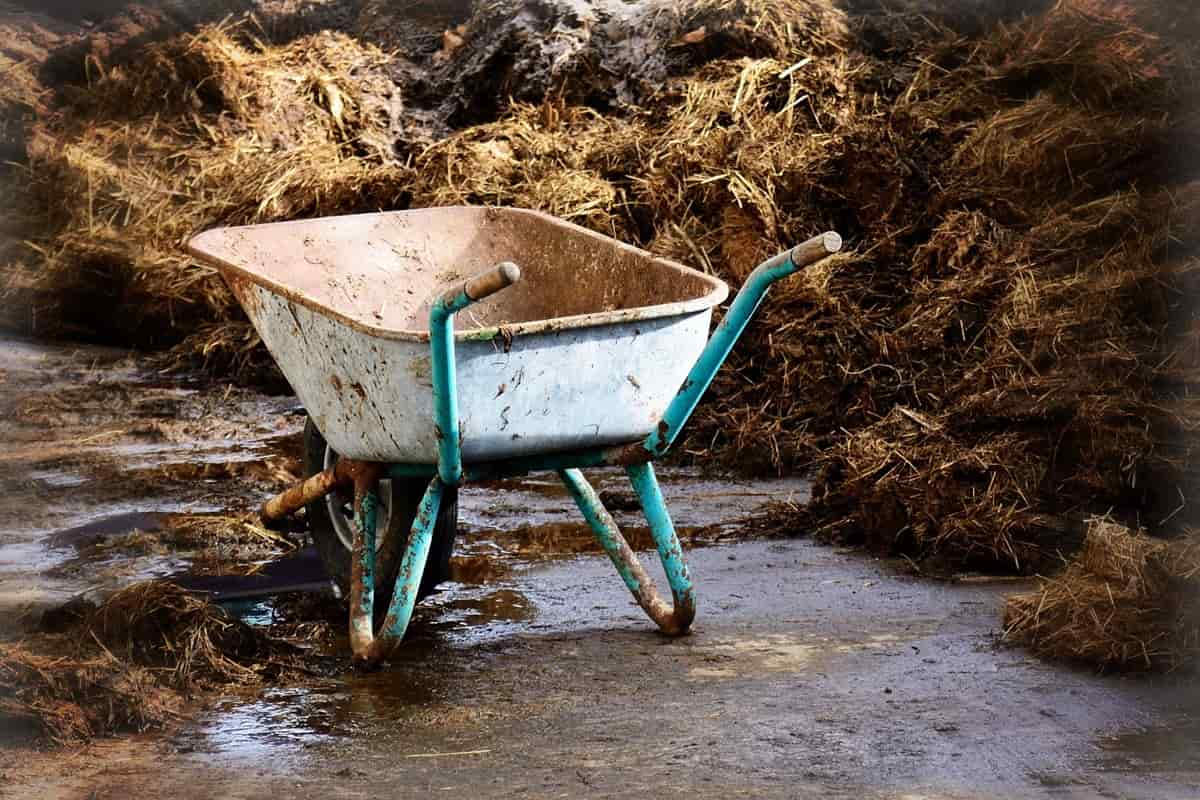
If the manure has a high pH, it will need to be neutralized before it can be used as fertilizer. There are many ways to do this, including lime or sulfuric acid. The final thing to remember is how much manure you will use. Using enough manure to provide the nutrients you are looking for is important, but too much can cause problems such as pests and contamination.
Main differences between manure and fertilizers
- Manure is organic matter that has been excreted from an animal. It can come from a cow, pig, horse, chicken, or turkey and can be used as fertilizer. Manure can be fresh, or it can be aged for up to six months. Aged manure is more effective as a fertilizer because the nitrogen in the manure has time to break down. Fertilizers are chemicals that are used to increase the growth of plants. They can come in either dry form (chemicals that need water to dissolve) or liquid form (chemicals that evaporate when they get wet).
- Manure is made up of organic matter and usually contains nitrogen, phosphorus, potassium, and other nutrients. On the other hand, Fertilizers are composed mainly of nitrogen, phosphorus, potassium, and other elements that help plants grow.
- Manure is typically spread on farmland to improve soil fertility, whereas fertilizers are used to increase crop yield or prevent or correct plant problems.
- The manure needed to achieve the desired effect will vary depending on the fertilizer used and the plant’s growth. For example, a nitrogen fertilizer may need 2-3 times more manure than a phosphorus fertilizer to achieve the same results.
- Manure can be stored for a long time before it needs to be applied to achieve effective results; fertilizers must be used immediately after they are manufactured to work properly.
- Manure is often considered an environmentally friendly option because it doesn’t require pesticides or herbicides to be effective; fertilizers can also have negative environmental consequences if not properly disposed of.
- Some people believe manure is better at boosting soil health than fertilizers because it’s been historically used as a natural tool for improving plant growth and health in agricultural communities worldwide. On the other hand, some people believe that adding too much fertilizer can harm the environment, while others believe that adding enough manure can also be harmful if it isn’t handled correctly.
- Manure is made up of animal excrement, while fertilizer is a mix of different chemical ingredients.
- The purpose of manure is to provide nutrients for the plant, while the purpose of fertilizer is to provide nutrients for the plant so that it will grow faster.
- Manure breaks down over time, while fertilizer does not. This means that manure needs to be applied more frequently than fertilizer to maintain the same level of fertility.
- Fertilizers are chemicals or minerals added to soil to help plants grow. There are two types of fertilizers: soluble and insoluble. Soluble fertilizers dissolve in water, while insoluble fertilizers do not. Both types of fertilizers can be used to improve plant growth and crop yields. Manure is a valuable resource when used as fertilizer. It contains key nutrients that help plants grow larger and produce more crops. Fertilizer companies typically produce soluble and insoluble fertilizers, so a wide variety is available when using manure as fertilizer.
Conclusion
Manure is animal waste. It’s composed of solids, liquids, and gases and can contain a wide range of nutrients, including nitrogen, phosphorus, potassium, and magnesium. On the other hand, Fertilizers are specially formulated compounds used to improve plants’ growth or health. They can come inorganic (like salt) or organic (like manure).
- How to Make Houseplants Bushy: Effective Tips and Ideas
- Innovative Strategies for Boosting Coconut Pollination and Yield
- Pollination Strategies for Maximum Pumpkin Yield
- The Complete Guide to Chicken Fattening: Strategies for Maximum Growth
- Natural Solutions for Tulip Problems: 100% Effective Remedies for Leaf and Bulb-Related Issues
- Revolutionizing Citrus Preservation: Towards a Healthier, Greener Future
- Natural Solutions for Peony Leaf and Flower Problems: 100% Effective Remedies
- Maximizing Profits with Avocado Contract Farming in India: A Comprehensive Guide
- Natural Solutions for Hydrangea Problems: 100% Effective Remedies for Leaf and Flowers
- The Ultimate Guide to Choosing the Perfect Foliage Friend: Bringing Life Indoors
- From Sunlight to Sustainability: 15 Ways to Use Solar Technology in Agriculture
- The Ultimate Guide to Dong Tao Chicken: Exploring from History to Raising
- The Eco-Friendly Makeover: How to Convert Your Unused Swimming Pool into a Fish Pond
- Mastering the Art of Delaware Chicken Farming: Essentials for Healthy Backyard Flocks
- 20 Best Homemade Fertilizers for Money Plant: DIY Recipes and Application Methods
- How to Craft a Comprehensive Free-Range Chicken Farming Business Plan
- Brighten Your Flock: Raising Easter Egger Chickens for Beauty and Bounty
- How to Optimize Your Poultry Egg Farm Business Plan with These Strategies
- Subsidy for Spirulina Cultivation: How Indian Government Schemes Encouraging Spirulina Farmers
- Ultimate Guide to Raising Dominique Chickens: Breeding, Feeding, Egg-Production, and Care
- Mastering the Art of Raising Jersey Giant Chickens: Care, Feeding, and More
- Ultimate Guide to Raising Legbar Chickens: Breeding, Farming Practices, Diet, Egg-Production
- How to Raise Welsummer Chickens: A Comprehensive Guide for Beginners
- How to Protect Indoor Plants in Winter: A Comprehensive Guide
- Ultimate Guide to Grow Bag Gardening: Tips, Tricks, and Planting Ideas for Urban Gardeners
- Guide to Lotus Cultivation: How to Propagate, Plant, Grow, Care, Cost, and Profit
- Agriculture Drone Subsidy Scheme: Government Kisan Subsidy, License, and How to Apply Online
- Ultimate Guide to Raising Araucana Chickens: Breed Profile, Farming Economics, Diet, and Care
- Bringing Hydroponics to Classroom: Importance, Benefits of Learning for School Students
- Ultimate Guide to Raising Polish Chickens: Breed Profile, Farming Economics, Diet, and Care
- Ultimate Guide to Raising Australorp Chickens: Profile, Farming Economics, Egg Production, Diet, and Care
- Silkie Chicken Farming: Raising Practices, Varieties, Egg Production, Diet, and Care
- Sussex Chicken Farming: Raising Practices, Varieties, Egg Production, Diet and Care
- Homemade Feed Formulations for Livestock: Discover Cost-effective Starter to Finisher Feed Recipes
- 20 Best Pig Weight Gain Supplements: Top Swine Weight Gain Formulas
- Ultimate Guide to Elderberry Farming: Propagation, Planting, Yield, Cost, and Profit
Very Good Information.